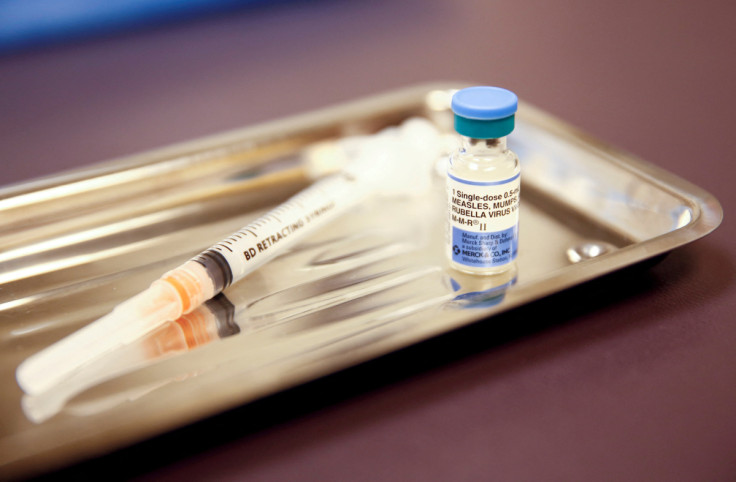Health Department Stations Over 9,000 Doctors, Nurses, Other Medical Professionals Across South Africa

As part of South Africa's Internship and Community Service Programme (ICSP), the department of health has stationed 9,395 applicants, including medical doctors, nurses, pharmacists and other health professionals, across the country, especially in rural and underserved areas.
The Department of Health revealed on Tuesday these applicants have been chosen from 10,386 applications they received online. From the total number of applicants, 158 were foreign nationals, while the rest were South African citizens.
"The majority of posts were allocated to rural and underserved areas, in line with the philosophy of promoting access to Universal Health Care. Therefore, applicants are encouraged to take up those positions where they are allocated to serve the people of South Africa," the department said, SA News reported.
"The department tried hard to accommodate the applicants' choices of placement. However, everyone can't be placed according to their choice areas and provinces of preference."
The placement process was done in line with the relevant employment laws and guidelines, and priority was given to eligible South African citizens and then permanent residents, followed by foreign nationals.
Furthermore, the health department said medical students, who wanted to go abroad for further studies, should ensure that the university they wanted to enroll in had academic programmes aligned with that of the relevant South African statutory bodies.
The department added this could avoid challenges faced during registration for placement when they were done with their training abroad.
South Africa is currently working on advancing its healthcare sector. In September, Novo Nordisk collaborated with Africa's largest pharmaceutical manufacturer, Aspen, to produce human insulin in South Africa.
South Africa's Minister of Trade, Industry and Competition, Ebrahim Patel, emphasized on the importance of this collaboration, and said that it will "significantly enhance access to insulin treatment not just in South Africa, but also across the continent."
In July, South Africa's Gauteng province hospitals conducted a massive surgical marathon, which included over 700 elective surgeries across 32 Gauteng healthcare facilities in the wake of Nelson Mandela International Day.
The government was also concerned about the prevention of health issues, as the cabinet noted an increase in cases of food poisoning among children across the country due to the consumption of expired and contaminated food items purchased from spaza shops and street vendors.
© Copyright 2025 IBTimes ZA. All rights reserved.





















